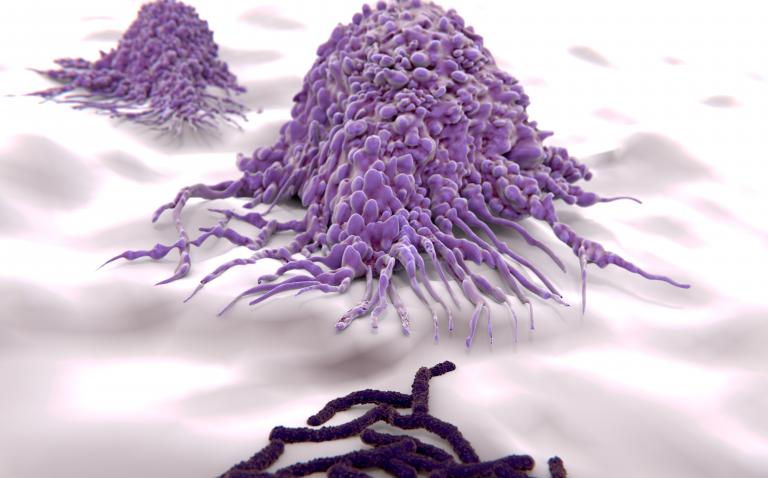There is no precise cure for Crohn’s disease and causes are believed to vary. But one indicator of the condition – an abnormal reaction of the immune system to certain bacteria in the intestines – has had new light shed on it thanks to scientists at the University of Plymouth.1
The research has focused on different types of macrophages. In inflammatory diseases, like Crohn’s, macrophages mediate the inflammatory destruction of the gut. Just how the tissue reacts (inflammation or suppression) is dependent on the type of macrophage cell present, and how it is stimulated – and scientists have been trying to get to the bottom of this.
The new research has shown how different types of macrophage – one type being pro-inflammatory and the other being anti-inflammatory – exhibit quite different molecular mechanisms involved in switching off their functional behaviour when bacteria are present.
And this difference, as study author Dr Andrew Foey explains, highlights the possibility of targeting and selectively suppressing the pro-inflammatory cells that drive diseases such as Crohn’s disease.
“This small step in understanding of differential off-signalling of macrophage type may go hand-in-hand with understanding the relapsing/remitting presentation of Crohn’s disease,” he said. “It is suggestive of future research endeavours in targeting macrophage responses in the treatment of inflammatory diseases – and it’s a really positive step.”
Reference
- Al-Shaghdali K et al. Macrophage subsets exhibit distinct E. coli-LPS tolerisable cytokines associated with the negative regulators, IRAK-M and Tollip. PLOS ONE 2019;14(5):e0214681 DOI: 10.1371/journal.pone.0214681









